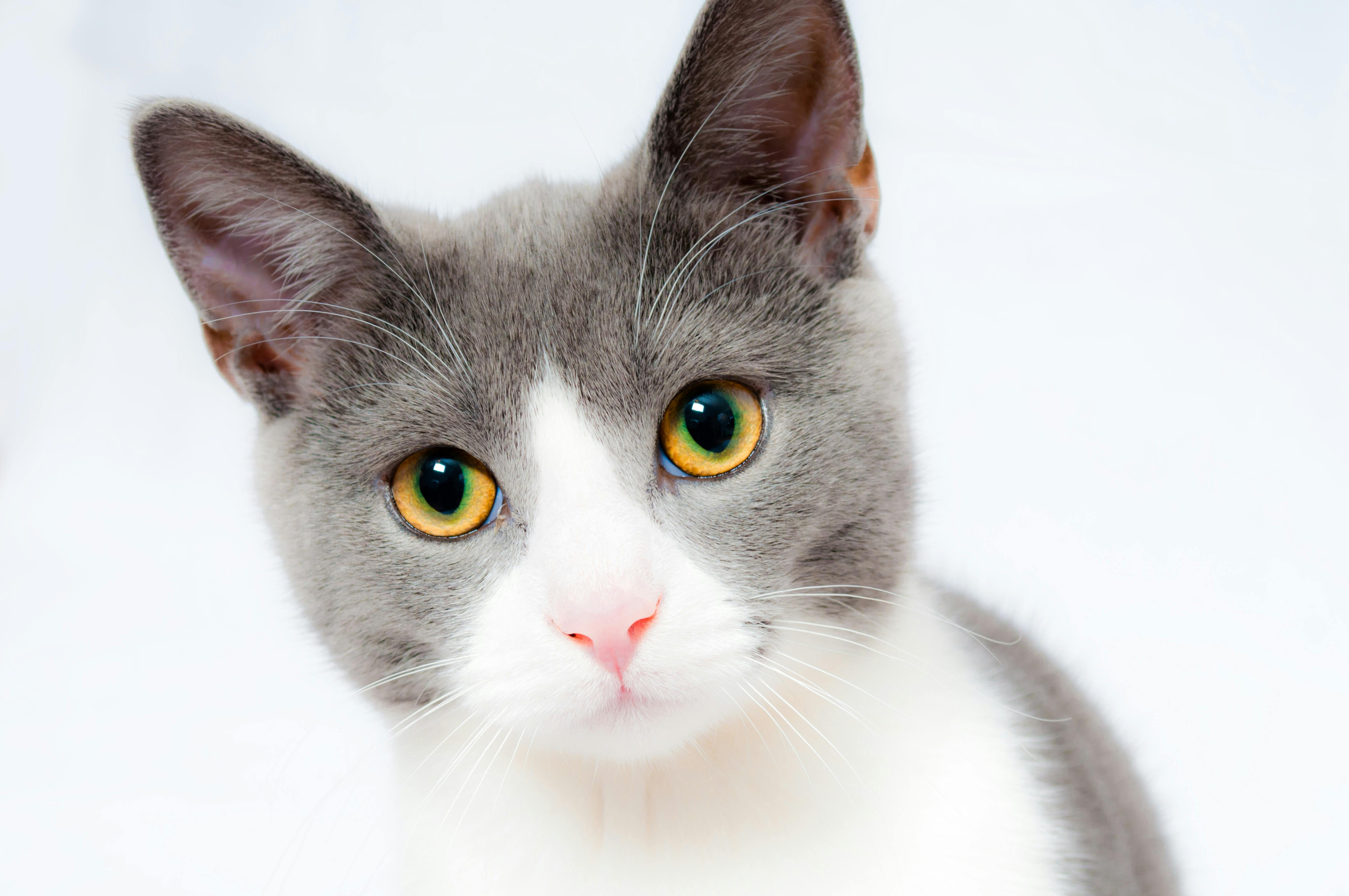The Intriguing Dynamics of Pet Culture in Contemporary Society
A deep dive into the fascinating universe of pet culture, its historical roots, evolving trends, and profound societal implications. Read below to explore this unique societal phenomenon that transcends human-animal relationships and shapes modern lifestyles and identities.

The Historical Roots of Pet Culture
Pets have been a part of human societies for millennia, with evidence of domesticated animals dating back to ancient civilizations. A symbiotic relationship initially based on survival and utility gradually evolved into emotional attachments and companionship. Over time, pets have become integral members of households, reflecting changes in societal values, living arrangements, and cultural perceptions.
The Rise of Pets as Family Members
In recent decades, the role of pets has undergone a significant transformation. Pets are increasingly considered as family members, and their welfare is a top priority. This shift is reflected in the booming pet industry, which caters to every need and whim of pets, from high-end pet food to luxurious pet resorts. Moreover, the rise of pet-centered social media accounts and pet influencers indicates a growing public interest in pets and their lifestyles.
The Societal Impact of Pet Culture
The elevated status of pets has profound societal implications. Pets often serve as a source of emotional support and companionship, especially for those living alone or in high-stress environments. They also play a crucial role in fostering community ties, as seen in pet parks and pet-themed events. However, the pet culture also sparks debates on ethical issues such as breed standards, pet ownership rights, and the commercialization of pets.
Pet Culture and Identity Formation
Pet culture is not just about owning pets; it is also about how individuals and communities shape their identities around pets. Owning certain types of pets, participating in pet-related activities, and even the way people treat their pets can be expressions of personal and cultural identity. Thus, pet culture offers a unique lens to explore identity dynamics in contemporary society.
The Future of Pet Culture
As societal attitudes and lifestyles continue to evolve, so will pet culture. Trends like pet humanization, eco-friendly pet products, and pet tech gadgets indicate the future directions of pet culture. Furthermore, the ongoing discussions about animal rights and welfare will likely reshape the ethical boundaries of pet culture.
In conclusion, pet culture is a rich and complex societal phenomenon that reflects and shapes the cultural, emotional, and ethical landscapes of modern society. It is not only about the relationship between humans and pets, but also about how we perceive ourselves, relate to others, and navigate the world around us. As we continue to explore this fascinating universe, we will uncover more insights into the intricate dynamics of human society.




